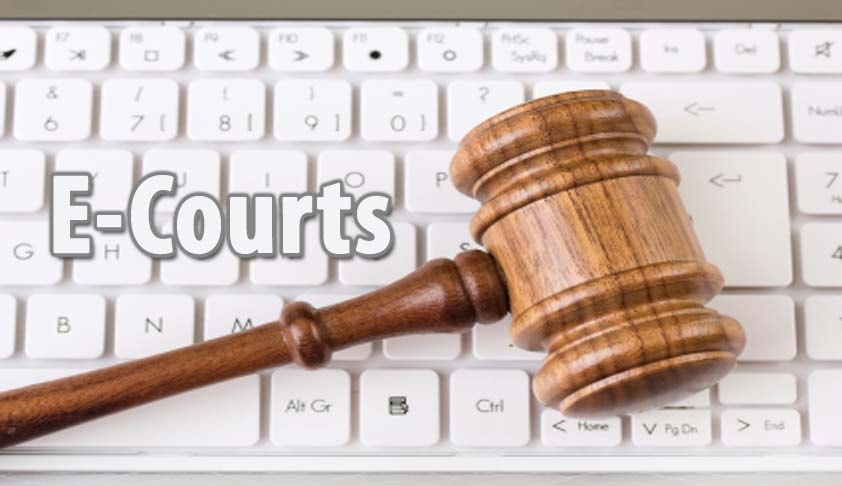eCourts Project: 95% of Phase I completed, Phase II to computerise 5751 new courts in 3 years
Apoorva Mandhani
17 Nov 2015 9:29 PM IST

Next Story
17 Nov 2015 9:29 PM IST
As per the data available on the Department of Justice website, as on September 30, 2015, more than 95% of the mandated activities under the Phase I of the eCourts Integrated Mission Mode Project have been completed. Under Phase-I, National eCourts portal have became operational. The figures of pendency of District Judiciary Courts across the country, in aggregate for country and States as...
